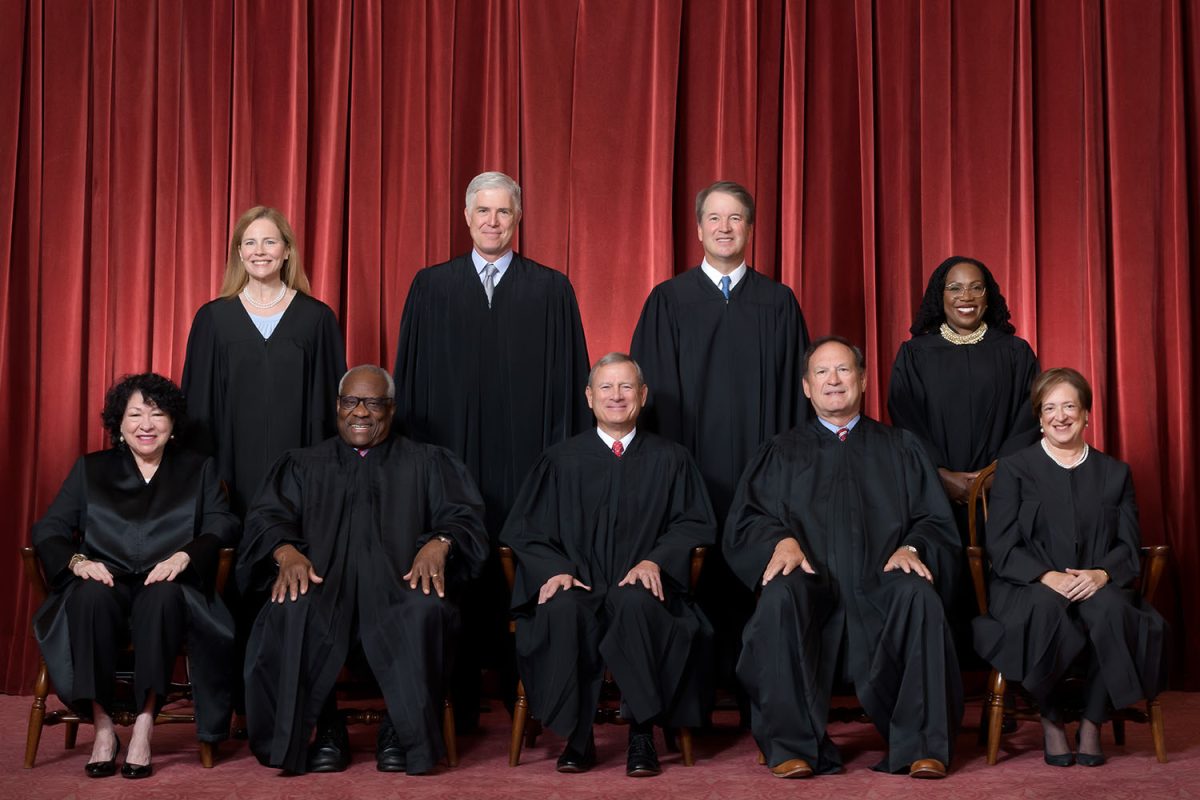On Tuesday October 7th the Supreme Court of the United States heard oral arguments in Chiles v. Salazar which challenges a Colorado ban on mental health professionals utilizing conversion therapy in their care of minors. The faith based counselor, Kaley Chiles, is challenging the 2019 law known as The Minor Conversion Therapy Law on the basis that it violates her right to free speech.
Conversion therapy -also known as reparative therapy- is a practice by which practitioners use a wide range of discredited tactics with the aim of changing an individual’s sexual orientation or gender identity, while the practice typically consists of manipulative talk therapy, there is a long history of aversion practices such as electro-shocks, burning, and ice baths. At least 23 states have banned the practice which according to the Human Rights Campaign increases the risk of suicide in youth 8-fold.
Chiles is being represented by the Alliance Defending Freedom, which has been designated an anti-LGBTQ hate organization by the Southern Poverty Law Center. The ADF is a religious organization that has been accused of fabricating cases in the past in order to further their anti LGBTQ beliefs, including the idea that an individual’s sexual orientation and gender identity can be changed. James Campbell, the lawyer representing Chiles argued that this law would “allow states to ban all forms of speech” and could “transform counselors into mouthpieces for the government” despite the fact that the law has a carve out for religious ministers.
The state of Colorado has not sought to enforce this ban against Chiles and has stated they do not wish to do so, still the debate remains over whether this harmful therapy can be categorized as medical conduct, which can be regulated, or speech, which can not. In the shockingly short hearing of only 90 minutes, Justice Kavanaugh, appointed in Trump’s first term, asked no questions and remained silent. Justice Alito questioned whether medical consensus regarding this practice is to be believed, pushing Colorado Solicitor General Shannon Stvenson to admit that it can change. Additionally he questioned whether medical understandings could be imbued with ideology or affected by politics, insinuating that conversion therapy is not nearly as detrimental as it is believed to be.
Overall, the hearing focused more on how Colorado would lose as opposed to whether or not they would, although the three liberal justices focused on how to limit the impact of the ruling against Colorado, attempting to apply a heightened form or First Amendment Scrutiny which, while not striking down the law would leave it extremely vulnerable. A decision is expected by the end of June.


